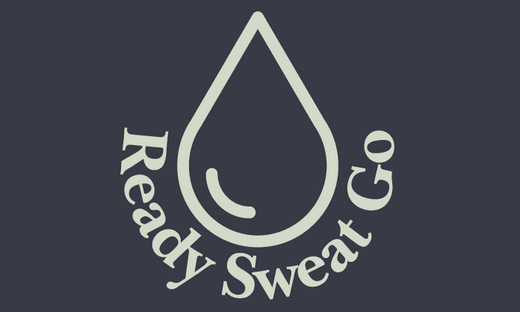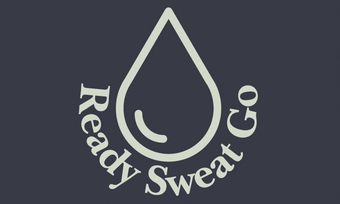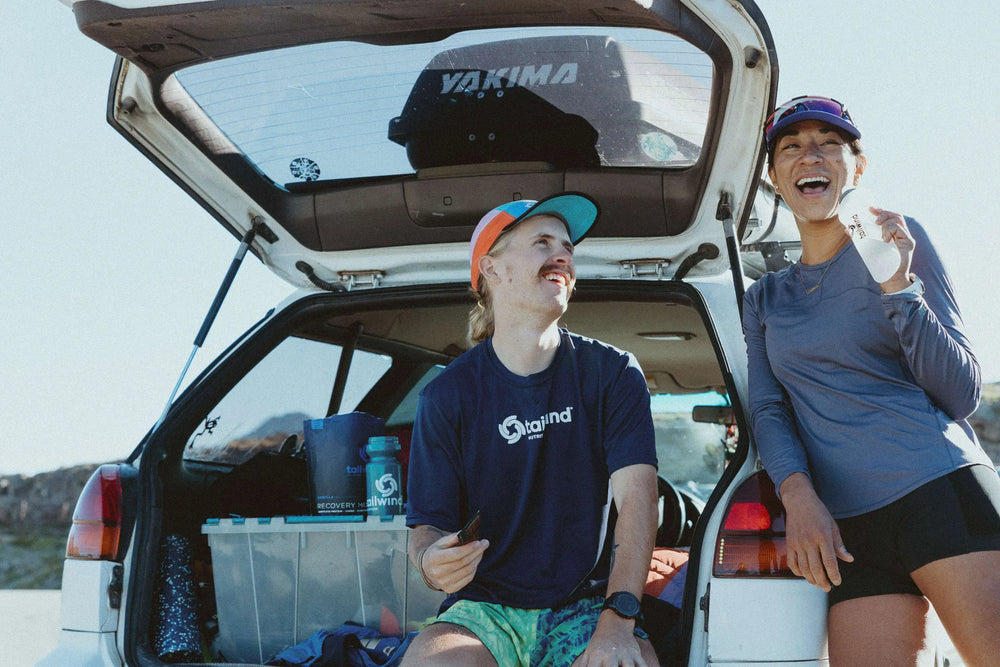Coffee is big business.
As of March 2024, there were 1,296 Starbucks across the United Kingdom. The same source states there were 14,575 locations where you could buy Costa Coffee in the UK (as of October 2023), and you’ve also got behemoths like Greggs and McDonalds, well known for their coffee offerings.
This doesn’t even include the number of independent coffee stores, offices and people who consume coffee at home.
You only have to look on social media or half-listen to any office conversation, and you’ll stumble upon people who proclaim they can’t function until that first cup of coffee in the morning.
Then again, when you look at the range of products on offer at the big names, you’d be forgiven that half of the aim in selling coffee is to disguise the taste! In fact, I was at a local coffee shop this week, my friend and I both ordered Americano’s. The resulting coffee was so strong that neither of us could drink it! There are many coffee connoisseurs, but if people are being honest, a prime reason why close to 100 million cups of coffee are consumed daily in the UK is the caffeine jolt.
June 2024 news stories highlight caffeine concerns.
Given we’re focusing on endurance fuel at this point on Ready Sweat Go, it was interesting to see on Friday 7th June, both the Independent and the BBC ran stories on some of the more negative aspects of caffeine.
The Independent article focuses on research by the Mayo Group into the high levels of sugar and caffeine in energy drink products. The BBC article follows a lemonade product being discontinued in the United States because of high caffeine levels.
To the casual reader, these articles send out dangerous signals about caffeine, but as always, it is best to be informed about the product, what it does to people, and what the potential side effects are.

What are the effects of caffeine?
With so many people taking caffeine, it is helpful to remind ourselves why people do so.
Increases Alertness and Focus: Caffeine stimulates the central nervous system, leading to increased alertness and improved concentration.
Boosts Energy Levels: It provides a burst of energy by promoting the release of adrenaline, which can enhance physical performance and endurance.
Improves Endurance: Caffeine helps muscles use fat as fuel, sparing muscle glycogen and prolonging the time until exhaustion during endurance activities.
Enhances Muscular Strength and Power: Some studies show caffeine can increase power output and muscle contraction efficiency.
Reduces Perception of Effort: Caffeine can make exercise feel easier by reducing the perception of effort, which may help athletes push harder and longer.
As we’re more focused on the performance side of things on this site, here are some of the distinct benefits athletes seek to experience when they consume caffeine:
Enhanced Physical Performance: Athletes use caffeine to improve endurance, strength, and overall performance during training and competitions.
Delayed Fatigue: By using fat as a fuel source and sparing glycogen, caffeine helps delay the onset of fatigue, allowing for longer and more intense exercise sessions (Science for Sport) (Drugs.com).
Improved Mental Focus: The increased alertness and concentration provided by caffeine can help athletes stay focused during long and mentally demanding events.
Ergogenic Aid: Caffeine is widely recognised as an effective ergogenic aid, enhancing physical performance and stamina.
At this point, you may be thinking that caffeine sounds brilliant and is an essential part of any athlete or person undertaking physical exertion.

There are side effects to caffeine.
Of course, there are side effects of caffeine, including:
Anxiety and Jitters, Gastrointestinal Distress, Dehydration, Insomnia and Sleep Disruption, Increased Heart Rate and Blood Pressure.
Any of these ailments can impact someone’s training or performance in a big race, and a combination can have a hugely detrimental impact. This is why many people look for caffeine-free or half-caffeine versions, which is why Ready Sweat Go is pleased to stock the Tailwind range of Endurance Fuel.
As you’ll see on the page, the starter pack comes in No Caffeine and Half Caffeine options, which means you don’t need to subject your body to the effects of caffeine if you’d rather avoid it.
Regular readers know a large part of our focus is preparing for the Coast To Coast Race, a 100-mile event. The average time to finish the event is 12 hours; if that’s the average, many people will come in after that time (myself included). This means that much of the race will be late afternoon and evening.
For people living their everyday lives in an office or working from home, it’s common to have a cut-off point for coffee so they aren’t up all night. This is the same for someone taking part in a big race, but they still need something to help them kick on.
In this regard, and in light of all potential side effects and news stories, it’s good to have options to consider. All you can do is inform yourself of the options, learn what works best for you, and make the right decision to help you perform at your best. The key is to test out the caffeinated options on the bigger training sessions. See how your body copes; some people feel like they need it to help them when heavy fatigue sets in later in the day; others digestion can’t handle it, so it’s best avoided.

Resources.
Here is some more information to help you with your caffeine consumption:
Resources:
Starbucks in UK: https://www.scrapehero.com/location-reports/Starbucks-UK/
Costa Coffee in UK: https://www.scrapehero.com/location-reports/Costa%20Coffee-UK
Cups per year: https://balancecoffee.co.uk/blogs/blog/coffee-consumption-statistics-uk
Caffeine Use and Athletic Performance: https://www.drugs.com/cg/caffeine-use-and-athletic-performance.html
Doctors Warning on Energy Drinks: https://www.independent.co.uk/life-style/health-and-families/energy-drink-warning-heart-taurine-caffeine-b2558493.html
What Happens If You Take Too Much Caffeine? https://www.bbc.com/future/article/20240605-what-happens-if-you-take-too-much-caffeine-and-how-much-is-too-much
Coast To Coast Race: https://www.ratrace.com/coast-to-coast




